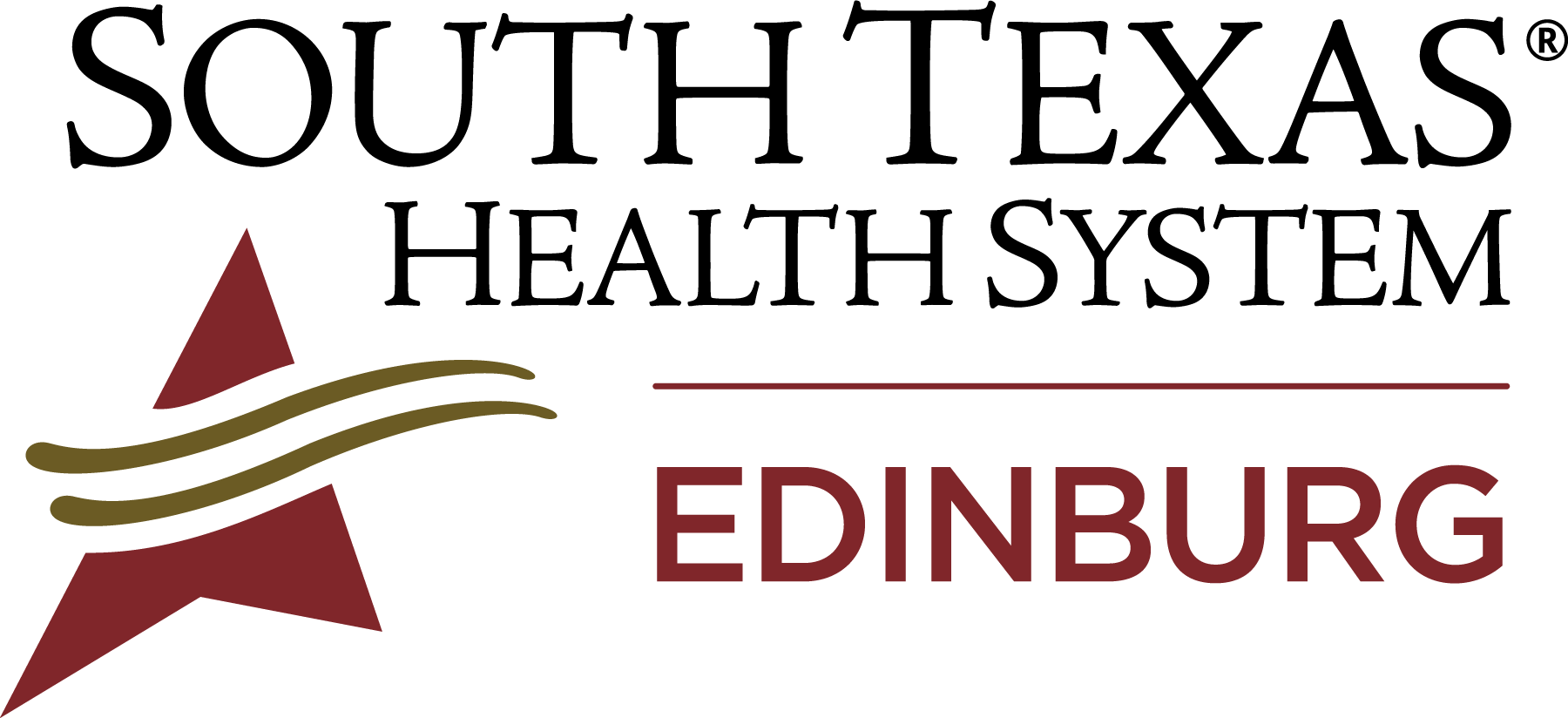Hemodialysis Treatment
Dialysis is a treatment to replace the work your kidneys do when they fail. At South Texas Health System Edinburg, one of two types of dialysis is performed. Hemodialysis uses a machine to filter the blood to rid it of harmful wastes.
When healthy, your kidneys clean your blood and make hormones that keep your bones strong. In hemodialysis, a machine and a filter called an artificial kidney (or dialyzer) clean the blood. The dialyzer is composed of two parts: one for the blood and the other for a washing fluid called dialysate.
A membrane separate the two parts, allowing blood cells and protein to remain in the blood because they are too big to pass through the membrane. Waste products such as urea, potassium and extra fluid pass through and are washed away.
A regular treatment with hemodialysis usually lasts about four hours and is done three times a week. More than 20 million people may have chronic kidney disease, according to the Centers for Disease Control and Prevention.
Make an Appointment
To find a doctor that's right for you, call the South Texas Health System Reserve and Learn line at 800-879-1033.
Hemodialysis Access
A hemodialysis access is a way to reach the blood for hemodialysis. The access allows blood to travel to the dialysis machine where it is cleaned as it passes through the dialyzer. There are three ways for a physician to create an access:
- Fistula: access made by joining an artery and a vein in the arm
- Graft: access made by using a soft tube to join an artery and vein in the arm
-
Catheter: a soft tube is placed in a large vein, usually in the neck
With a fistula or graft, two needles are placed in the access that are connected to tubes that lead to the dialysis machine.
A catheter is connected directly to the tubes without the use of needles.
Nutrition During Hemodialysis
During hemodialysis, you will need to change your intake of certain foods and limit your fluids. It is important that you have the right amount of protein, calories, fluids and minerals each day. Speaking with your dietitian will help you make the right decisions when it comes to your diet.
The following important tips can be helpful with your diet:
- Fresh or plain frozen vegetables contain no added salt. Drain fluid before serving.
- Canned fruit often contains less potassium than fresh fruit. Drain fluid before serving.
- Non-dairy creamers are low in phosphorus and can be used in place of milk.
To help you avoid salt, many herbs and spices can be used to make your diet more interesting. Check with your dietitian for a list of these.
Find a Doctor
To find a doctor that's right for you, call the South Texas Health System Reserve and Learn line at 800-879-1033.

